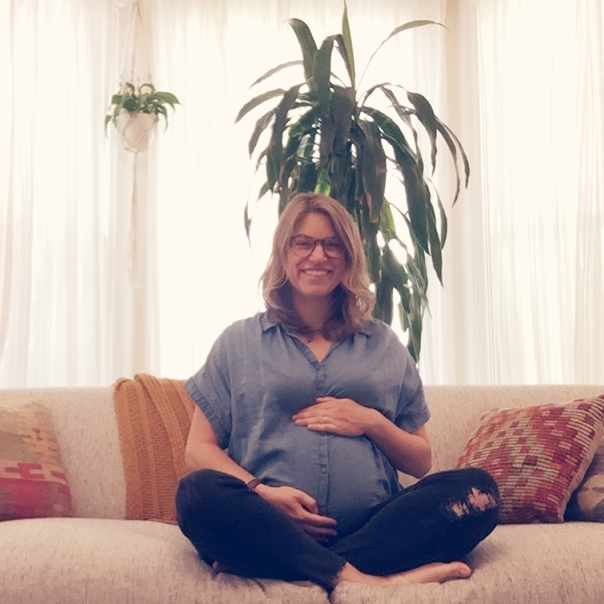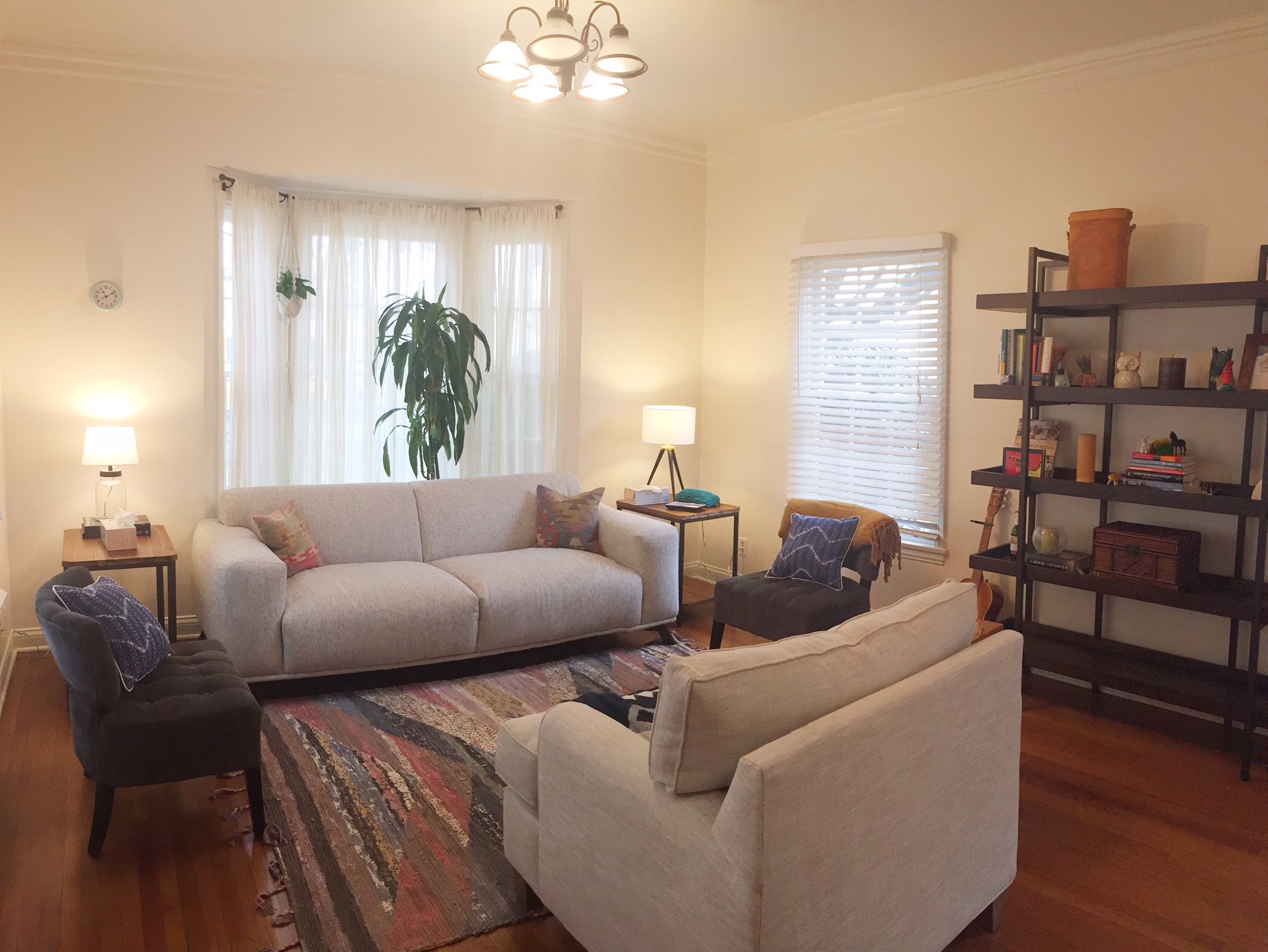
What's New?
Welcome to the home of articles, thoughts and updates from my psychotherapy practice. You can also follow me on my collective’s instagram @carterpsychotherapycollective
Introducing two new therapy groups: a Body Acceptance Therapy Group and The Restoration Zone, a process and practice group for new parents.
Check out this article by Priya Krishna in the New York Times! “As the coronavirus pandemic has made Americans more aware of their health and eating habits, many have turned to registered dietitians like Ms. Wilson (or to nutritionists, who are not always required to obtain a specific education or certification). Yet the advice they get can sometimes seem more tailored to some past era than to the motley, multicultural nation the United States is in 2020.”
Self care is the practice of listening in to where you are at, and authentically asking yourself what you need to do to regulate your nervous system or feel more present in your life. The nature of self care changes depending on how we are feeling.
As a precaution, I have temporarily moved all therapy to video sessions. Video sessions are a wonderful way to stay (or get!) connected while social distancing practices are in place.
When you anticipate spending time with your family, are you anticipating spending time with the family you wish you had or the actual family that is there? Most of us carry vivid fantasies about how our family members should be. These fantasies are so powerful that they can eclipse reality.
In the wake of the past week’s events and the testimony of Dr. Christine Blasey Ford, you may be feeling triggered. I wanted to take a moment to remind you that there are many people out there who believe survivors and will not attack a survivor for reporting or processing a prior sexual assault. Here is a statement from American Psychological Association’s president, Jessica Henderson Daniel, PhD:
Today marks my first day back in the office since being on maternity leave. I am so excited to be back in this space of healing, exploration and growth.
For many of us who engage in art practices, our senses of worth and identity are tied up in the practice. This high stakes relationship to art can lead to a lot of fears when we sit down to actually make some art. And unfortunately, when we experience a cascade of fearful thoughts, our bodies often react as though the thoughts are true.
2018 is here and I am excited for another year of healing, passion and compassion. I'm also excited to share a picture of my new office!
There are probably instances for each of us where part of why we don’t feel confident about something is because we literally haven’t learned how to do it yet. And now, as adults, sometimes we are so scared of being “found out,” that we don’t take the risk of admitting how little we know, and going about learning. But what if it doesn't have to be that way? What if we could just start now, and then in a few months or years, have competence? Might the promise of a bigger world make it worth it to fumble through the frustration and embarrassment that come with not being expert... yet?
Trouble finding weekend therapy on the East Side of LA? As of next week I'll be offering sessions on Sunday afternoons.
Most of us feel better or worse at different moments in our lives. We can never unfeel the way we felt, or unthink the thoughts we have had. There are dark shadow times and incredibly bright moments of joy and connection, but a lot of life happens in between.
How do we hold ourselves when we try to approach the “what” of healing? How do we have compassion for our inevitable failures, lapses and confusions? How do we acknowledge and celebrate our progress? How do we have perseverance in the face of a task that is new and difficult?
What does it mean to celebrate mother’s day if your mother abused or neglected you? Or maybe the better question is, how do you survive mother’s day – a day when you have to be reminded relentlessly that a consistent, safe, nurturing relationship with a mother is something you will never have?
How do you talk to your body? Do you love and praise your body? Do you honor all the incredible things it does for you, on and off the field? Do you listen to your body when it asks for sleep, food, water or rest? Can you hear your body when you are approaching injury? Do you honor what your body tells you? Or you get angry at your body? Ignore it? Punish it when it doesn’t do what you want? Do you only notice something’s wrong once you’re in the emergency room?
It takes so much courage to admit to being in pain. It take so much persistence to decide that enough is enough. It takes tremendous faith and trust to reject the promises of an eating disorder and believe that a life worth living can be better achieved in recovery. Recovery is possible. It's rarely a straight line, and sometimes it's not immediate. But I've absolutely been honored to witness clients stake their claims on life and, with support, hoist themselves forward into a richer life.
I am thrilled to announce the opening of my private practice in Pasadena. In a cozy office near the Paseo Colorado, I will be offering psychotherapy services to adults, adolescents and couples. As I embark on this new moment in my career, I feel a tremendous sense of excitement, urgency and pride.
Thank you. The fundamental building block of Thanksgiving is a thank you. This thank you is different for everyone in a family, is different for everyone in a community. Many people look forward to Thanksgiving – a time to honor our gratitude over an abundance of food. But for many individuals struggling with eating disorders, Thanksgiving can be one of the most difficult days of the year.
Mainstream media culture in the US relentlessly accosts viewers with the message that the ideal body is thin. We receive messages each day about new diets, ideal bodies, thigh gaps, power foods, burning belly fat… the list goes on.
Furthermore, media culture endorses casual judgmental commentary on other peoples’ bodies – an entire industry is founded on weight-related teasing.
Is she pregnant? Who looks better in that dress? All of these questions, articles, top 5 lists etc. reinforce the notion that beauty is related to thinness, and that thinness is a necessary component of worth.
Behind this cultural valuation of thinness is a more insidious proposal: you can lose weight if you try, and if you don’t lose weight it means you aren’t trying.



























